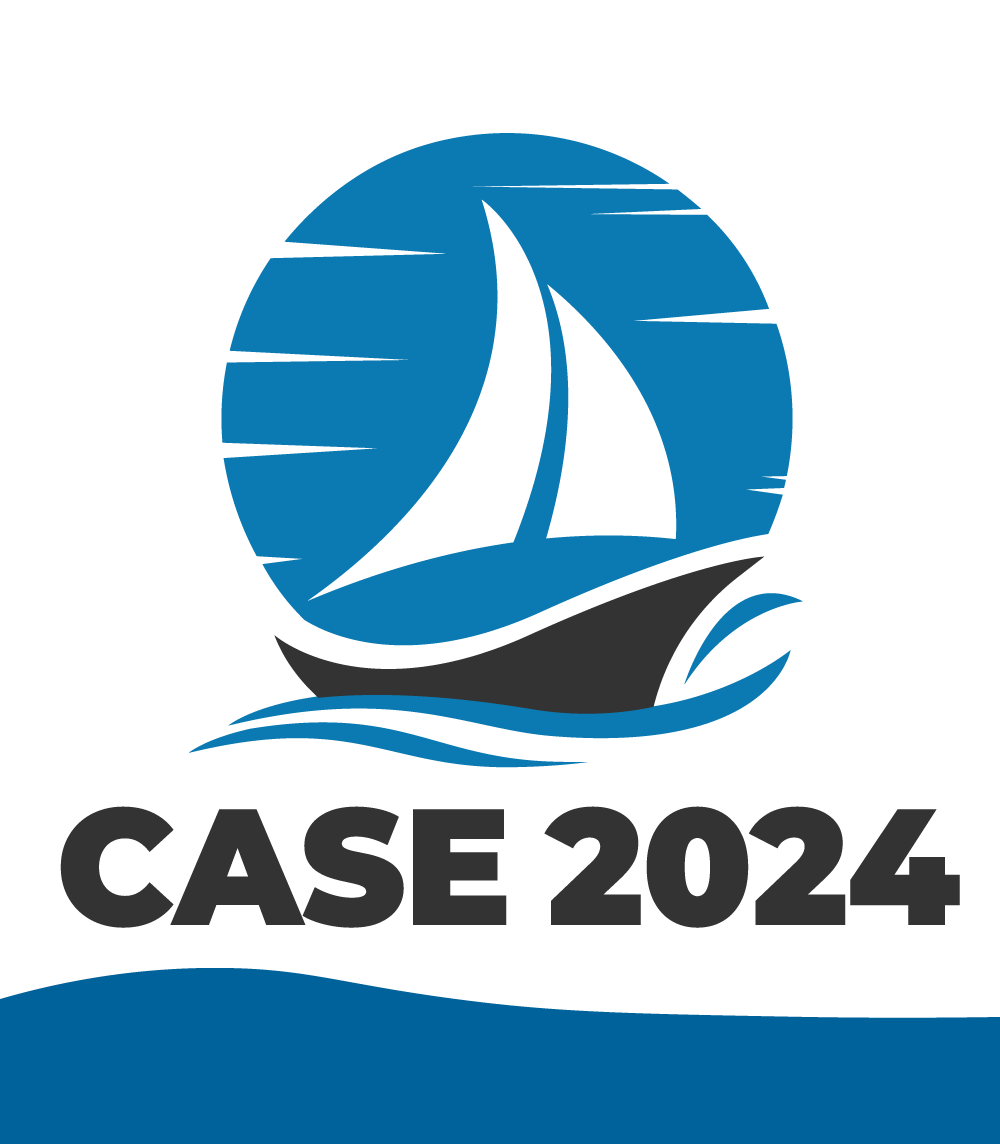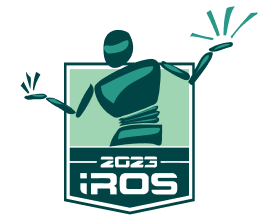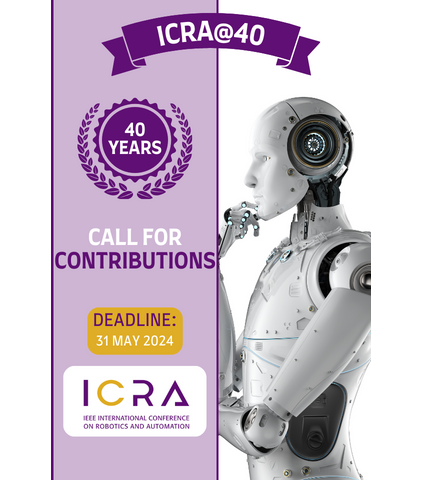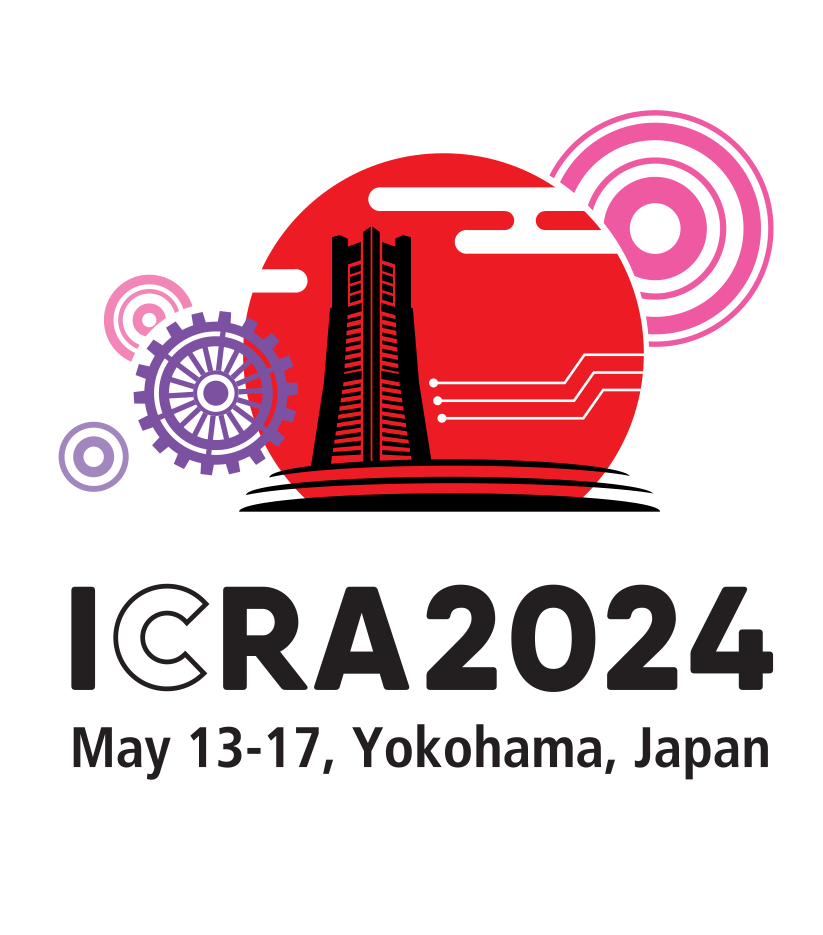Presenting Your IEEE Transactions on Robotics Paper at ICRA
Certain IEEE Transactions on Robotics (T-RO) paper, other than communication items and survey papers, are eligible to be presented at the upcoming IEEE International Conference on Robotics and Automation (ICRA 20xx+1), provided all of the following conditions are met:
1) the paper's final accepted manuscript is submitted to T-RO for proofing between 1 January 20xx, and 31 December 20xx;(*,**)
2) most of the key ideas of the paper have never appeared at a conference with a published proceedings (e.g., the paper is not the evolved version of a previous conference paper); and
3) at least one author of the T-RO paper commits to registering for and presenting the paper at ICRA 20xx+1, satisfying all the registration and presentation requirements for ICRA 20xx+1.
In December of 20xx, authors of eligible papers will be contacted by email by the T-RO Editor-in-Chief’s office to determine interest in presenting at ICRA 20xx+1.
(*) Authors may not request any acceleration or delay of the review process based on this criterion.
(**) For ICRA 2019 only, the date criterion is also met by T-RO papers that were published online or in an issue during the period 1 January 2018 to 31 December 2018.
BACKGROUND
Historically papers in the IEEE Transactions on Robotics have been either "evolutionary" papers (papers extended, with new results, from previously presented conference papers by the same authors) or "new" papers (papers that are not evolved from conference papers). Since the introduction of the Robotics and Automation Letters (RA-L), the robotics community has demonstrated strong support for straight-to-journal papers (maximum of eight pages) with the possibility of presentation at a conference.
This new IEEE RAS T-RO-to-ICRA policy, formalizing pilots of the policy at ICRA 2017 and 2018, provides a conference presentation option for "new" T-RO papers. Authors are no longer forced to write two versions of the paper (a short one for conference presentation and a longer one for the "final" journal version) if they want the work both to be presented at a conference and to appear in a journal. This saves on author and reviewer effort, eliminates the confusion over which paper to cite, and reduces the stress on authors and reviewers arising due to a single submission deadline for ICRA. The new policy gives a new benefit to T-RO authors and brings high-quality T-RO papers to ICRA without harming the traditional evolutionary model.







